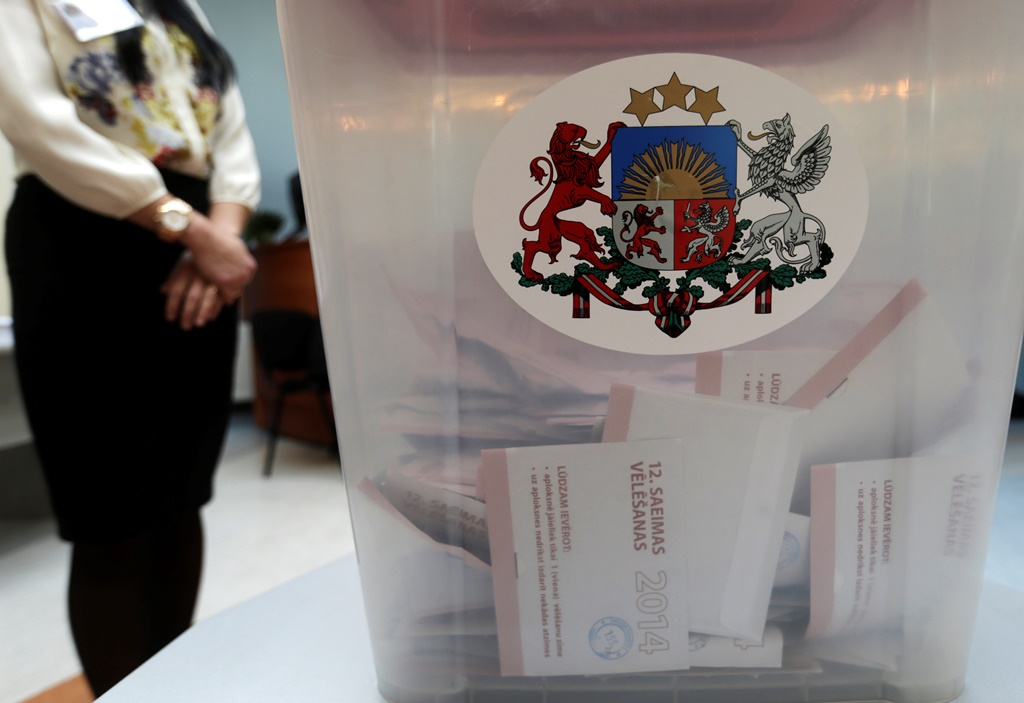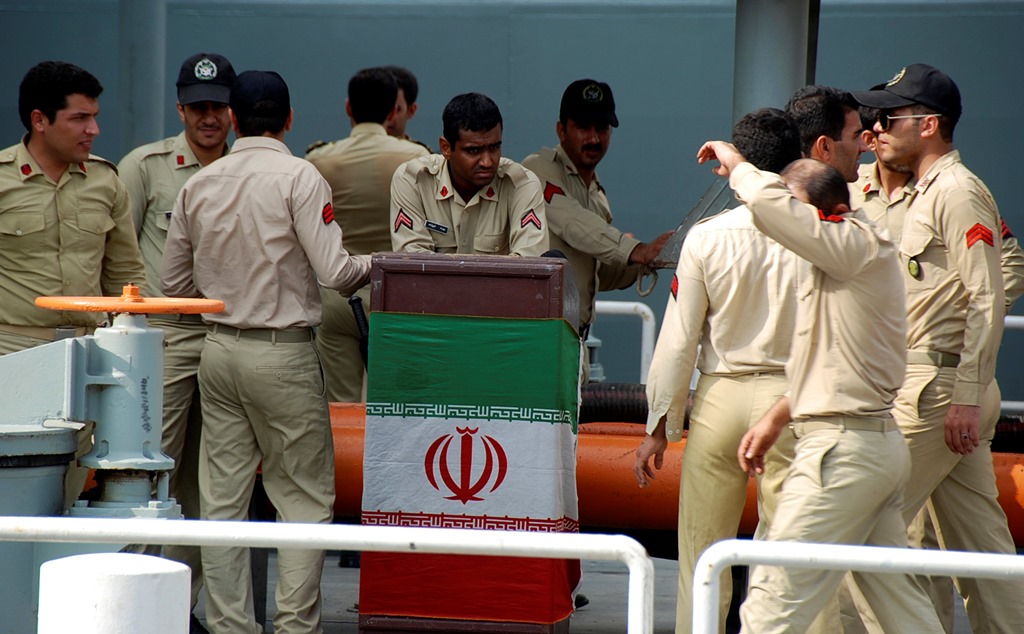Risk of EU Isolating Tanzania: Conclusions for Poland

After ascending to power in 2015, President Magufuli focused on domestic affairs. He succeeded in fighting corruption, limiting state spending, tightening the tax system, and developing infrastructure. Still, his leadership is arbitrary and decisions unpredictable. He limits freedom of the press, associations, internet, and research, and intensifies public hostility towards sexual minorities. The president’s lack of interest in foreign issues has contributed to a rise in tensions with Tanzania’s international partners.
EU on Tanzania
The country is one of the biggest beneficiaries of EU development cooperation. In 2016– 2018, it received about €800 million, including funds for reforming public finances, agriculture, and the energy sector. The EU remains (after India and China) Tanzania’s third-biggest trade partner and a major importer of Tanzanian-produced food, amounting to 50% of the country’s exports to European markets. The EU hopes to conclude an Economic Partnership Agreement (EPA) with the East African Community (EAC) and other regional organisations in Africa. While Kenya and Rwanda, leading EAC members, push for finalisation of the agreement, Tanzania’s position on the deal keeps the EAC from presenting a unified stance on it, effectively paralysing the ratification process. Tanzania fears the agreement negatively affects its prospects for development and maintaining sovereignty and Magufuli himself has called the deal “neocolonial”. The country’s position on the EPA falls within the wider realm of undermining regional integration and scaling up Tanzania’s rivalry with Kenya. Tanzania competes with its neighbour for leadership of East Africa, for example, both hope to attract more traffic to their ports. Without the EPA, Kenya, now classified as a lower-middle-income country, will lose privileged access to the EU markets after the Cotonou Agreement expires in 2020. Tanzania, as one of the least-developed counties, will keep it under the “Everything But Arms” format.
This scenario of winning advantage over Kenya may not materialise due to the diplomatic conflict with the EU, which has led to the recall under pressure of the head of the EU delegation to Tanzania in November 2018 over tensions surrounding Union criticism of Magufuli’s actions as authoritarian. The delegation protested, among others, what it views as shaky cybercrime laws (2015) and falsifications during byelections for autonomous Zanzibar (2016). Ambassador Roeland Van de Geer from the Netherlands supported threatened NGOs, journalists, dissidents, and minorities. He criticised Magufuli’s statements on barring pregnant girls from schools and an initiative by the governor of Dar es Salaam to hunt down LGBT+ people. Denmark and the World Bank withheld support for Tanzania and the EEAS declared it will thoroughly review the bilateral relations. The EU delegation expects Tanzania will present a compromise position on the controversial issues in the dialogue under Art. 8 of the Cotonou Agreement, expected in the coming weeks. If the differences are not overcome, the EU might take steps towards isolating Tanzania politically, for example, activating consultations under Art. 96 of the agreement, a form of labelling states breaking basic standards in human rights. The procedure allows it to suspend a state from the agreement.
International Context
Magufuli’s low interest in international affairs has translated into a weaker Tanzanian position within the EAC. The country has hampered the organisation of the bloc’s summits, which has been criticised by its other members. With the conflict with the EU in full swing, partnerships with countries that don’t require Tanzania to maintain certain human-rights standards and political freedoms is increasing. In the region, the authoritarian president of Rwanda, Paul Kagame, is Magufuli’s only trusted ally. This partnership doesn’t bring any development opportunities and raises discontent among Tanzania’s security apparatus, suspicious of Rwanda’s meddling. The key Asian partner is China, the main provider of armaments and a sponsor of stipends for students. Still, the administration’s ability to attract Chinese financing is limited, exemplified by Tanzania’s failure to obtain pledges of significant support during the Chinese-African summit (FOCAC) in Beijing in September 2018. Another challenge is to secure favourable conditions for Tanzania to use the port in Bagamoyo, which is to be the largest in the region. The Chinese-Omani consortium that finances its construction hopes to keep control over the port after it is launched in 2021, following years of delays. Tanzania also hopes to benefit from closer relations with the Arab Gulf states. In 2016, Saudi Arabia named Tanzania a priority partner in trade relations and development projects. However, this declared special bond has yet to materialise. After halting imports of petroleum products from Iran, Omani fuel producer OOMCO is in the midst of a long-term expansion towards Tanzania. Magufuli also hopes to transfer control over The Citizen, a balanced daily newspaper, to a major Gulf media concern, which would help build a positive view of the Gulf countries as Tanzania’s partners.
Polish Perspective
When it re-established an embassy in Dar es Salaam in 2017, Poland hoped to increase investment, trade, and tourism. The realities of Magufuli’s presidency might prove challenging in achieving some of these goals. While Polish exports have grown—from €27 million in 2016 to €71 million in 2017, and a positive trend continuing into 2018—an increasingly difficult political context inside and around Tanzania has stopped the rise in Polish investment. This falls within a wider trend. The World Bank estimates that since 2014, foreign investments declined by half and investors are more likely to choose Kenya. The situation is complicated by the Tanzanian government’s reluctance to implement a programme reducing barriers to entrepreneurs that was approved in May 2018. They face arbitrary decisions on tax obligations and less security, exemplified by the October 2018 kidnapping of Mohammed Dewji, Tanzania’s richest businessman.
The development of tourism from Poland, particularly to Zanzibar and the Kilimanjaro region, depends on maintaining a high level of security, which is not certain due to the increasing threat of Islamic terrorism. In 2017, conflict erupted in the Mozambican province of Cabo Delgado, bordering Tanzania, between government forces and local religious extremists from the group Ansar al-Sunna, which has Tanzanians and Somalis among its ranks. Also, radical militants fleeing arrest seek refuge in Tanzania. The development of such locally driven extremist movements in neighbouring states makes Tanzania a “missing link” on the map of active jihadi organisations in the region from Somalia through Kenya to Mozambique and a natural area of expansion. The authorities do not undertake adequate measures to limit the domestic threat of terrorism, which might affect tourist centres.
Conclusions
The risk of Tanzania’s political isolation by the EU is likely to increase the country’s interest in cooperating with China and the Gulf states. This might result in increased indebtedness and radicalisation. Magufuli’s presidency, which is likely to be extended after the 2020 elections, risks the positive trend in the development of bilateral economic relations. Budgetary strains might push the authorities to impose new payments on investors. At the same time, limiting the space for the EU delegation’s activities could raise the political profiles of the embassies of individual EU states, including Poland.





